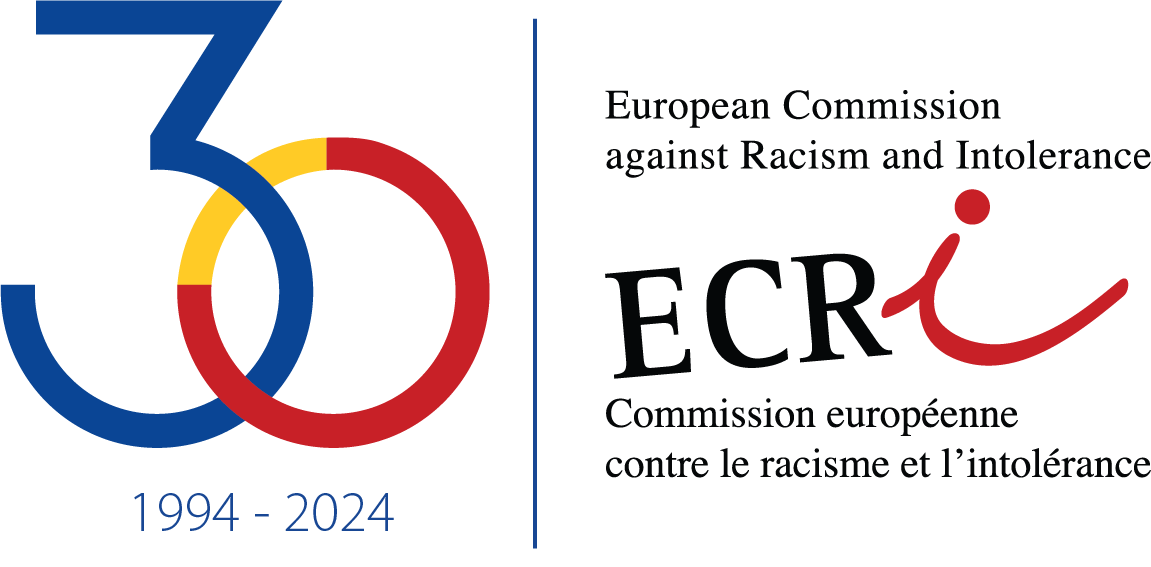Luxembourg has made significant progress in tackling racism and intolerance, according to Council of Europe experts, but some issues give rise to concern – including a sharp rise in hate speech, on-going discrimination against people with an immigrant background and the lack of legislation expressly prohibiting non-vital surgical interventions on intersex children. These are among the main findings of the sixth monitoring report on Luxembourg published today by the European Commission against Racism and Intolerance (ECRI).
The report notes a number of important developments since 2018, including the adoption of a new National Integration Plan, the development of Luxembourg’s first National LGBTI Action Plan and several positive initiatives in the field of education.
Although most politicians in Luxembourg do not use hate speech, according to ECRI, the problem of hate speech, in particular online, has grown considerably in recent years. Racist or LGBTI-phobic incidents are not effectively recorded or monitored, statistical data remains sparse and under-reporting is still a problem.
Furthermore, victims of hate speech are not effectively supported by the authorities and efforts made by regulatory bodies to combat hate speech are fragmented.
ECRI also notes on-going discrimination against people with an immigrant background – particularly those of African descent and Portuguese nationals – in the areas of employment, education and housing. The professional integration of asylum seekers and refugees remains a major challenge, says ECRI, and there are shortcomings in the provision of language courses for migrants.
The report welcomes the fact that the Centre for Equal Treatment (CET) has been attached to the parliament, further consolidating its independence. However, the legal status of the CET remains unclear and its mandate and competences should be reinforced as a priority, according to ECRI.
The authorities should also prioritise the necessary measures to protect the right of intersex children to physical integrity and bodily autonomy.
Today’s report – which covers the period up until 30 March 2023 and includes comments from the government – sets out a number of further recommendations to the authorities.




